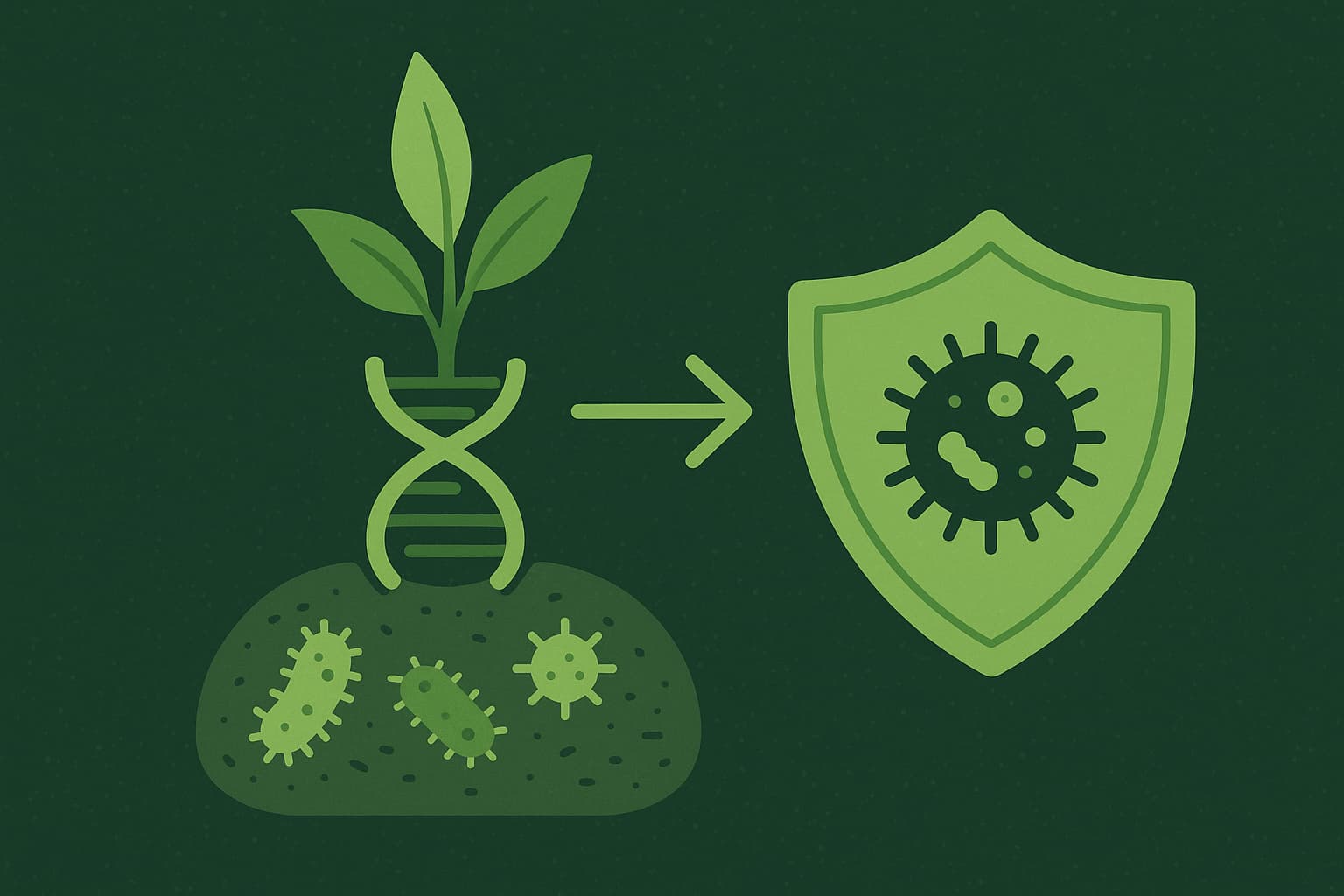
Pathogen Suppression Protocols focus on the deliberate design of soil and microbial environments to minimize the proliferation of harmful organisms that threaten cannabis health and yield. By leveraging competitive exclusion, targeted biocontrol agents, and precise environmental management, cultivators can create resilient ecosystems that actively resist disease pressures.
This approach integrates insights from microbiome science, ecological balance, and regenerative agriculture to establish conditions where beneficial microbes outcompete pathogens and protect root systems. Strategies often combine advanced inoculation practices, organic amendments, and environmental modulation to reinforce biological defenses without relying on synthetic chemicals.
In this capsule, you’ll discover evidence-based protocols and emerging research on suppressive soils, microbial consortia, and holistic pathogen management techniques that help maintain plant vitality and safeguard long-term soil health.
The philosophy of Pathogen Suppression Protocols is grounded in the belief that disease prevention begins with ecological balance. Rather than reacting to pathogens after infestation, cultivators can design soils and microbial communities that proactively inhibit their establishment and spread. Healthy soils naturally limit pathogen populations through competition, predation, and biochemical inhibition, creating an environment where plants thrive without constant intervention.
This perspective reframes disease management as an act of stewardship, emphasizing that the most effective defense is a living, dynamic system that sustains beneficial organisms and disrupts pathogen life cycles. By aligning microbial strategies with regenerative soil practices, growers reinforce long-term resilience and reduce the need for synthetic treatments.
Pathogen suppression is not a single action but an ongoing process of observation, adaptation, and integration that evolves with each cultivation cycle.
1️⃣ Competitive Exclusion
Beneficial microbes occupy ecological niches, outcompeting pathogens for resources and space.
2️⃣ Biocontrol Synergy
Specific microbial agents produce antimicrobial compounds or induce systemic resistance in plants.
3️⃣ Environmental Modulation
Optimized moisture, aeration, and organic matter levels create unfavorable conditions for pathogen proliferation.
✅ Baseline Pathogen Assessment
Use soil assays and molecular tests to identify prevalent pathogens and their population densities.
✅ Beneficial Inoculant Application
Introduce biocontrol strains such as Trichoderma, Bacillus, or Pseudomonas with proven efficacy.
✅ Organic Amendment Strategies
Apply compost, biochar, and green manure to fuel beneficial microbes and improve soil structure.
✅ Moisture and Aeration Management
Prevent anaerobic conditions that favor pathogens like Pythium and Fusarium.
✅ Monitoring and Adaptive Management
Track pathogen dynamics and beneficial populations with periodic testing to refine protocols.
Cultivators implementing pathogen suppression protocols consistently report reduced disease incidence, lower input costs, and improved plant vigor. Over time, these strategies build soils that are naturally suppressive to pathogens, creating self-sustaining cultivation systems less reliant on reactive measures.
Our Microbial & Soil Health consulting supports the development of resilient, biologically active cultivation substrates. Services include microbial inoculation protocols, disease suppression strategies, and the integration of compost teas and biostimulants. Clients benefit from a holistic approach that prioritizes soil vitality as the foundation of plant health and cannabinoid optimization.
Contact for inquiries:
📩 nabil.khayat@cannabisdatahub.com